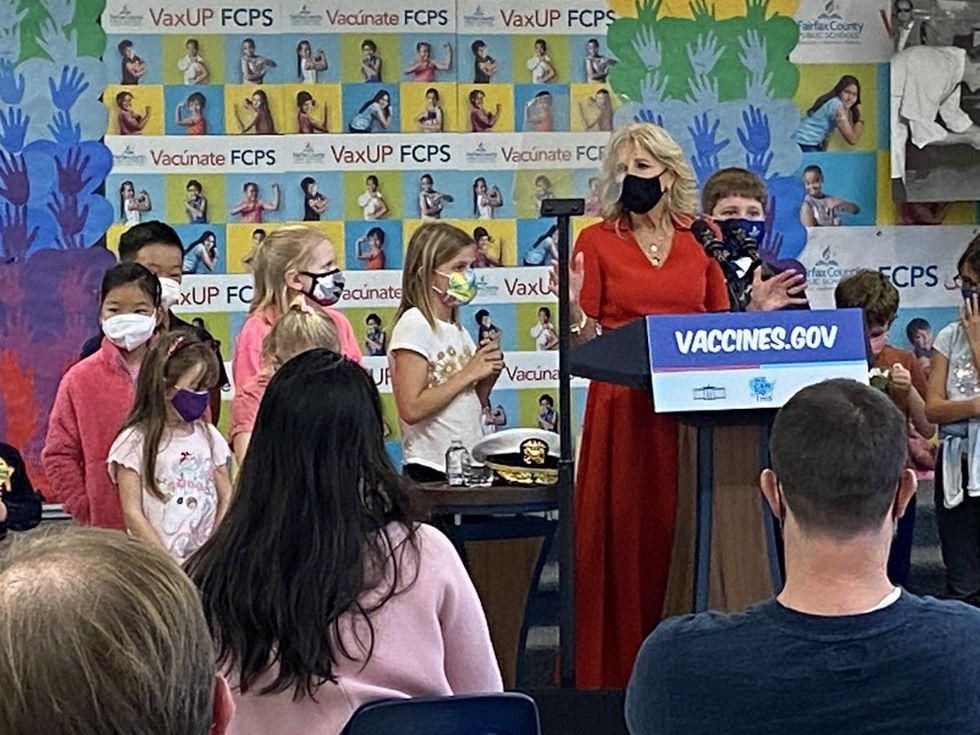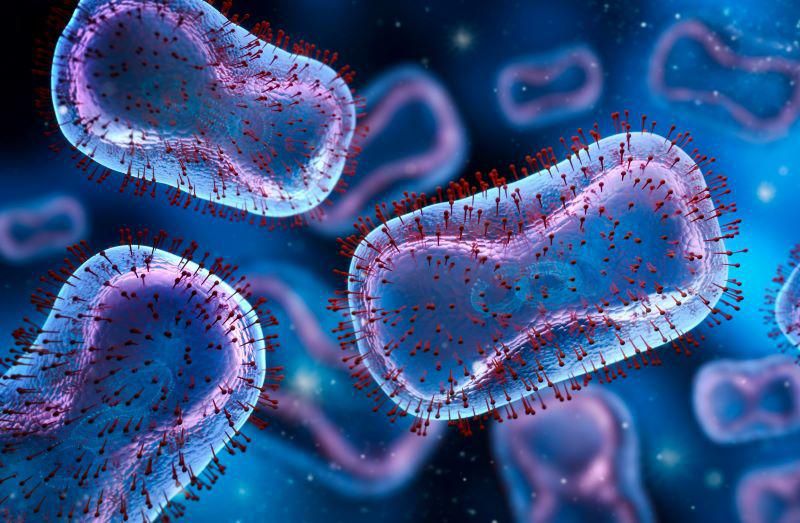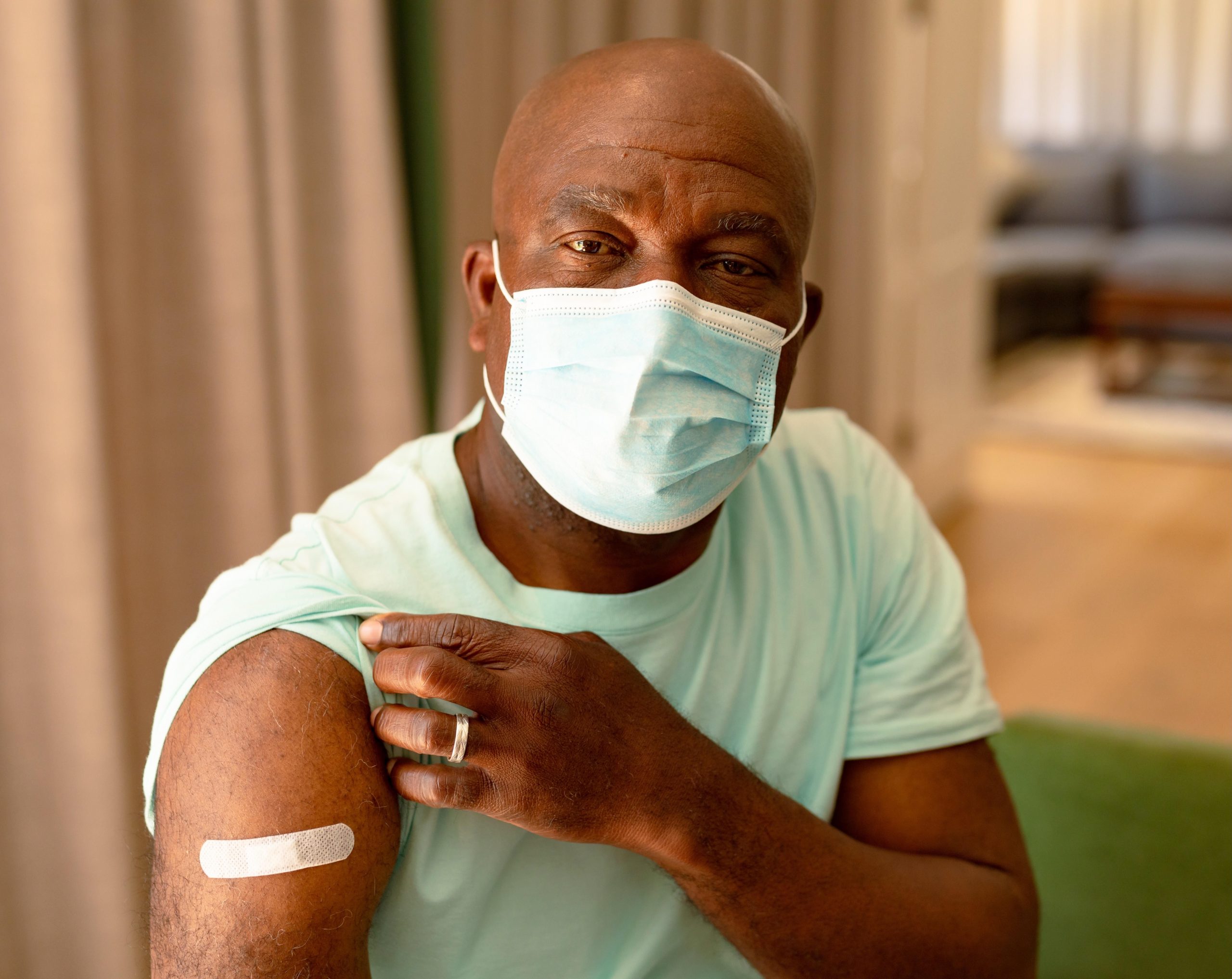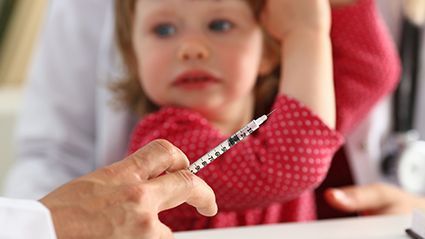
After testing negative for COVID-19 and leaving isolation last Sunday, First Lady Jill Biden again tested positive for the virus on Wednesday. “After testing negative on Tuesday, just now, the First Lady has tested positive for COVID-19 by antigen testing,” the First Lady’s Deputy Communications Director Kelsey Donohue said in a statement. “This represents a… read on > read on >






























